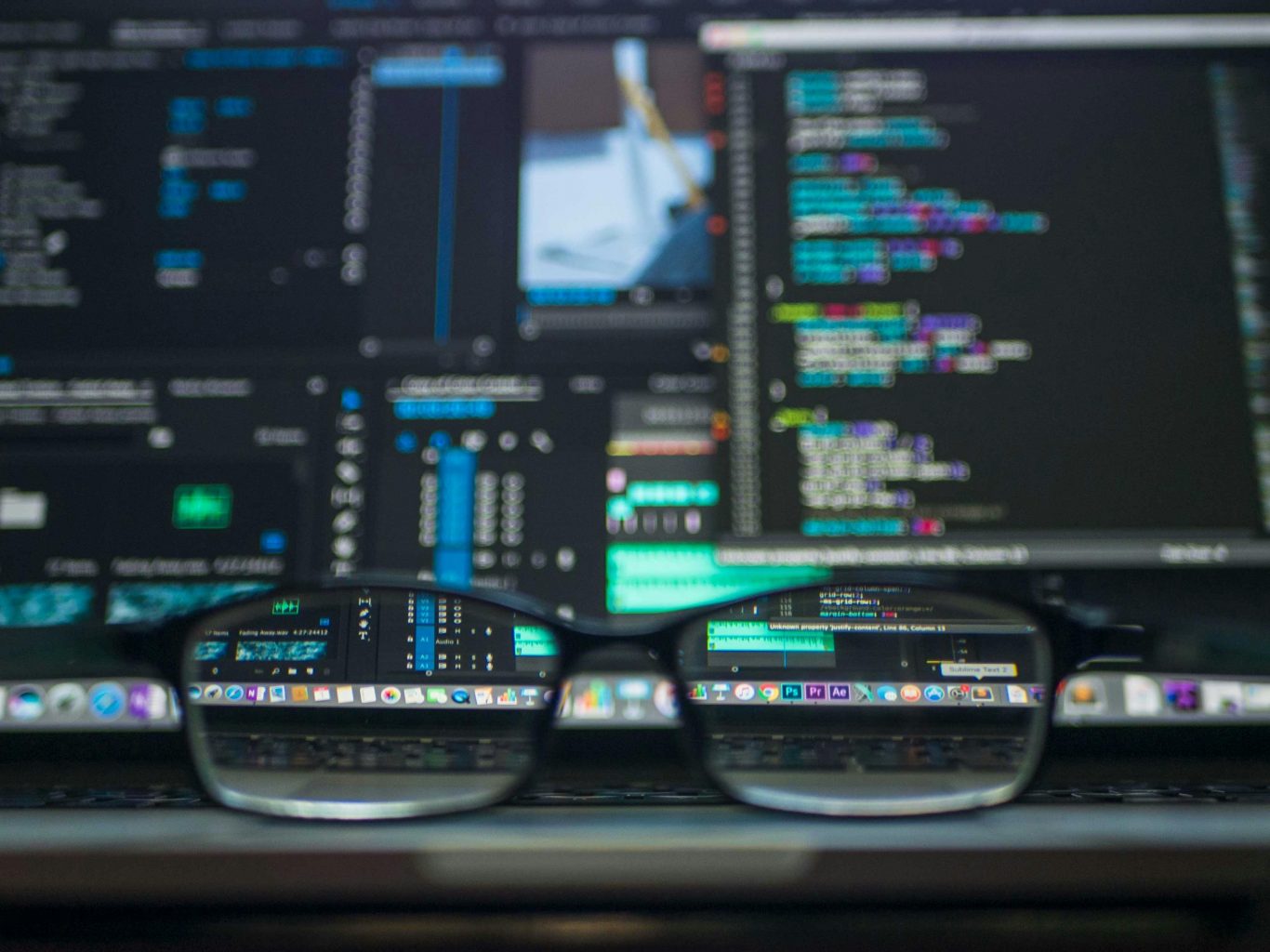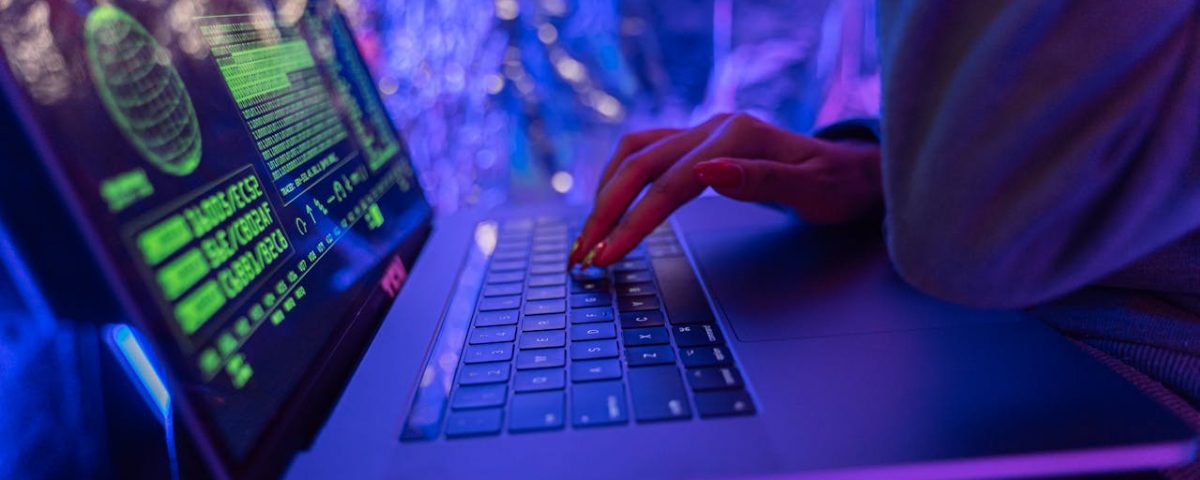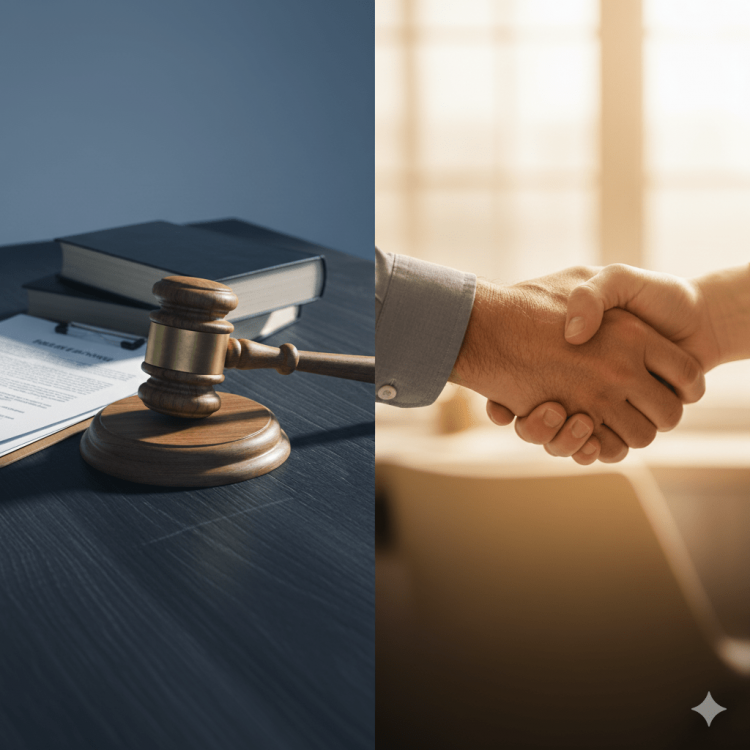Nearly every digital action leaves behind traces, from emails and chat logs to deleted files and system activity. When those traces become critical in an investigation, computer forensics is the discipline that uncovers, analyses, and preserves them for legal or investigative use.
Often used in corporate fraud cases, workplace disputes, and criminal investigations, computer forensics has become a vital resource for uncovering the truth.
Defining Computer Forensics
Computer forensics is a specialised branch of data forensics focused specifically on evidence stored within computers and similar devices. As investigators, the goal is to examine data in a way that is legally sound, ensuring the evidence can stand up in court if required.
The process of computer forensics tends to be far more advanced than everyday IT troubleshooting or simply recovering a file. Forensic experts must follow strict protocols, maintain a clear chain of custody, and use specialist tools to extract and analyse data without altering its integrity.
Why is Computer Forensics Important?
Computers are central to both personal and business life, and with most activities on devices leaving behind information, they’re a goldmine of potential evidence. By recovering deleted files, for example, investigators can help prove whether or not documents have been tampered with, potentially making or breaking a case.
Some common uses include:
- Corporate investigations: uncovering intellectual property theft, insider fraud, or misuse of company systems.
- Legal matters: providing verifiable evidence in both civil and criminal cases.
- Cybercrime cases: for detecting hacking activity, malware, or phishing attempts.
- Personal disputes: verifying communications, financial records, or online activity.
How It Works
To ensure that digital evidence can stand up in court or an investigation, forensic experts follow a clear, step-by-step process designed to keep the data reliable and admissible.
|
Step |
What Happens |
Why It Matters |
|
Identification |
Find potential sources of evidence (devices, accounts, storage). |
Helps to ensure important data is not overlooked. |
|
Preservation |
Make a secure copy without changing the original data. |
Keeps evidence intact and admissible in court if required. |
|
Collection |
Extract information with specialised forensic tools. |
Maintains a clear, legal chain of custody. |
|
Analysis |
Review files, metadata, browsing history, and logs. |
Can help uncover hidden, deleted, or suspicious activity. |
|
Reporting |
Present findings in a structured, legal-ready format. |
Provides clear evidence for legal or corporate cases. |
Types of Evidence Found in Computer Forensics
Computer forensics can uncover a wide range of evidence, including:
- Deleted emails, files, or browsing history
- Metadata showing when and how files were created, accessed, or modified
- Records of online communications via chat apps, forums, or social media
- Evidence of malicious software or security breaches
- Financial records, spreadsheets, or hidden documents
Even when data appears to be deleted, forensic techniques often allow investigators to recover it.
Related Areas of Forensic Investigation
While computer forensics is highly specialised, it often works hand in hand with other forensic techniques:
- Forensic Audio: Analysing and authenticating recordings, often alongside digital data to verify conversations.
- Handwriting Analysis Forensics: Examining handwritten notes or signatures that may support digital evidence.
Together, these disciplines create a more complete picture of events.

Computer Forensics vs Data Recovery
It’s easy to confuse computer forensics with data recovery, but they serve different purposes. Data recovery focuses on retrieving lost or damaged files, typically for personal or business use. Computer forensics goes a step further with the main goal usually being to ensure data is legally admissible, traceable, and verifiable.
In other words, data recovery helps you get files back; computer forensics helps ensure those files can be trusted as evidence.
When Should You Consider Computer Forensics?
Computer forensics isn’t just for major criminal cases. Some scenarios where it may be useful include:
- A business suspects an employee of data theft.
- A lawyer needs verifiable digital evidence for litigation.
- An individual wants to prove online harassment or financial misconduct.
- A company is dealing with a suspected cyber breach.
In each case, evidence must be handled correctly to be credible. That’s why working with trained professionals is essential.
Speak to Lyonswood About Computer Forensics
When evidence on a computer could potentially determine the outcome of your case, you need experts who can recover and analyse it the right way. Lyonswood Investigations specialises in computer forensics that stands up to scrutiny — whether for corporate, legal, or personal matters.
As licensed investigators, we combine advanced data and digital forensic tools with decades of investigative experience. We work discreetly, legally, and with total transparency, and we’ve been helping clients like you secure court-admissible evidence for 40 years.
Contact Lyonswood today and take the first step toward uncovering the truth.



